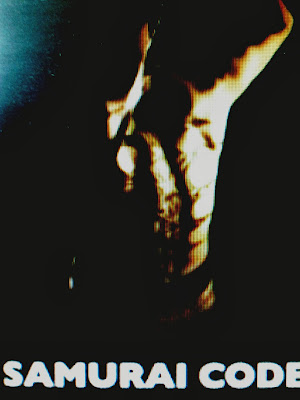Jobs was a one-off and did some incredible things, though he had plenty of flaws too. But I think the thing I most admire was his commitment to refining an idea until it was as perfect as it could be. He gave us a conveyor belt of iconic products but they weren’t realised in sudden flashes of inspiration. He had the vision to see the potential of a good idea but was also prepared to put in the hard graft (and extract it from others too!) to ensure the dream became reality. A rare trait that set him apart.
What is something that most people don't know about him?
In his younger days, he would give himself a foot spa by sticking his feet down the loo and pulling the flush!
What's one of the most easily applicable things from this book?
An easy lesson to understand but very difficult to put into practice is not to rest on your laurels. From the earliest days of his career until his death, Jobs was always looking for the next idea while perfecting his current one. If you do a lot of plate spinning like that, some of the plates will fall and break but he was not afraid of a bit of smashed crockery, and neither should we be. For a man with the Midas touch, Jobs had a lot of projects to his name that were not successes. But he learned from those, used the experience to fuel his successes and didn’t allow the accompanying plaudits to make him complacent.
Who else reminds you of Steve Jobs?
A difficult question, because he was a one-off. In certain respects, there are echoes of the famous (and just retired) manager of Manchester United, Sir Alex Ferguson. Both men were incredibly driven and kept going long after they had every right to sit back and enjoy the fruits of their success. Both could also bounce back from adversity and repeatedly cofounded critics who wrote them off along the way.
Which chapter was the most fun to write?
It’s a book full of short chapters and each one was fascinating to research. I found it very insightful to take a closer look at the people that had inspired him, so perhaps I’d plump for that one.
What new projects are you working on?
The next in the ‘How to Think Like…’ series – this time about Nelson Mandela. Clearly a very different kind of character but another icon who has helped shape the world in which we live.







